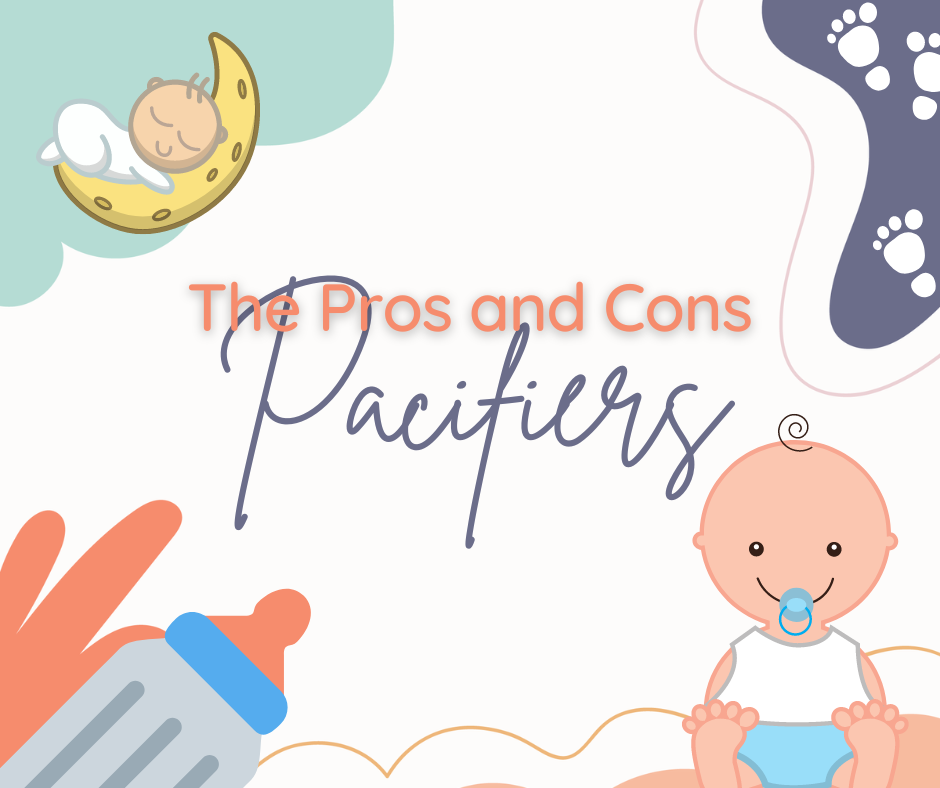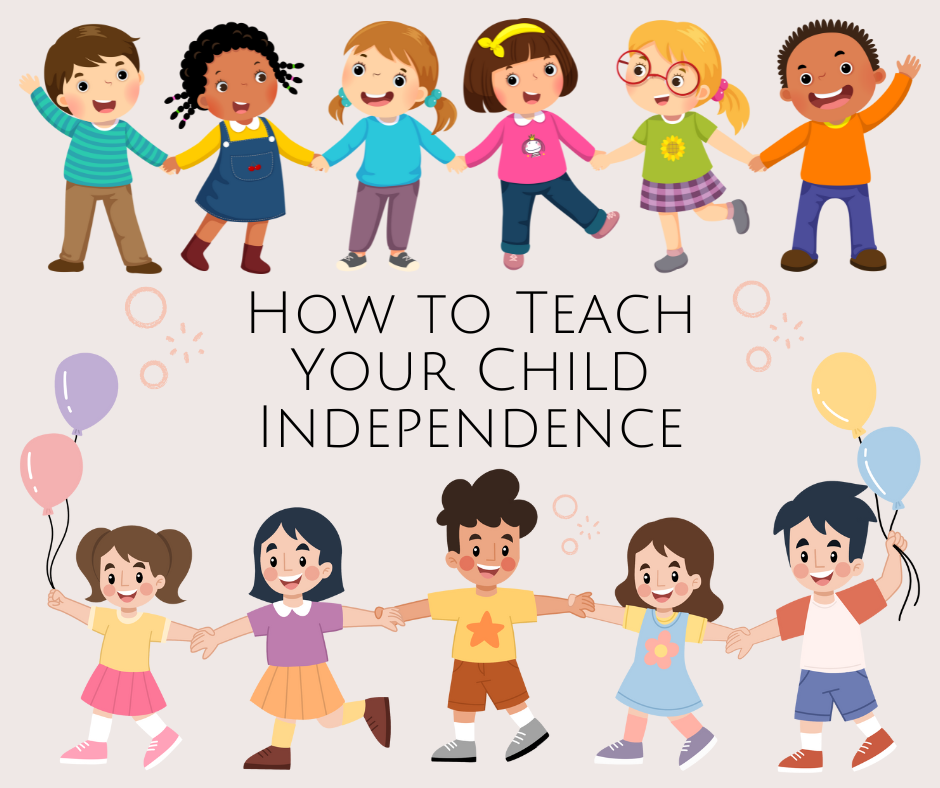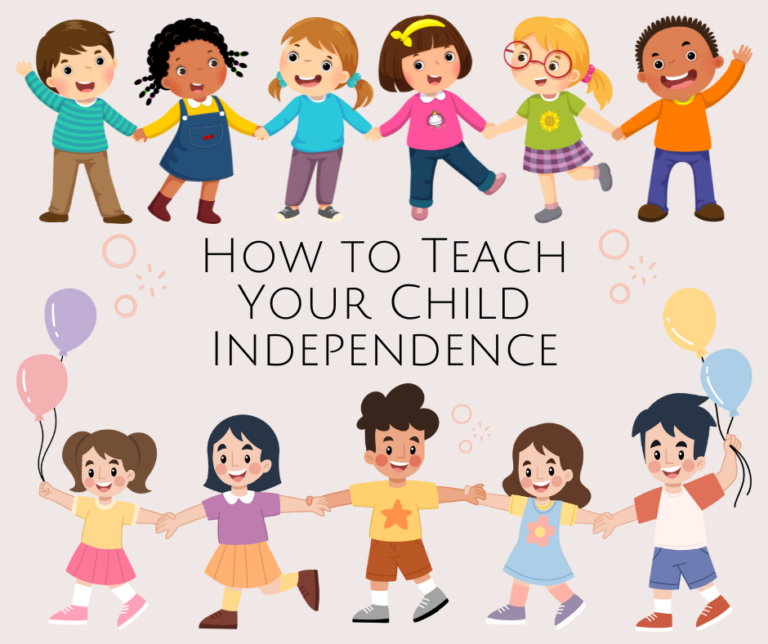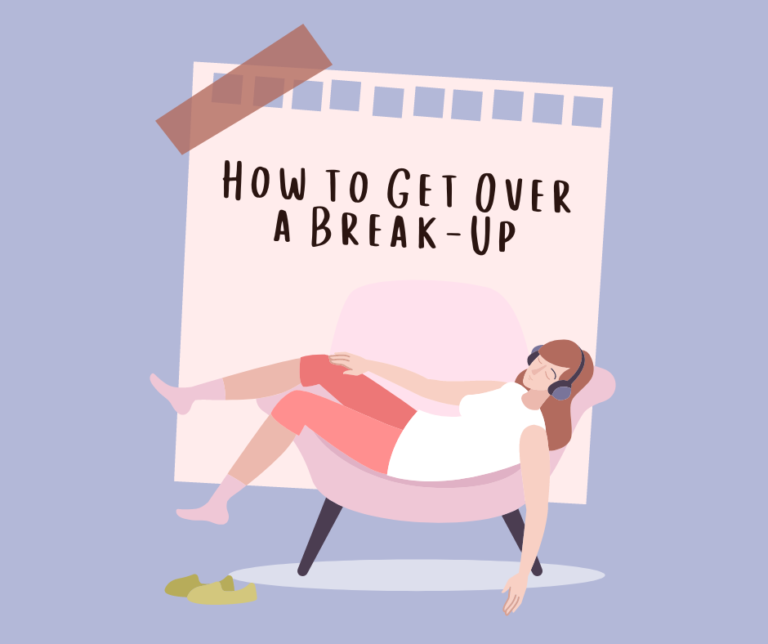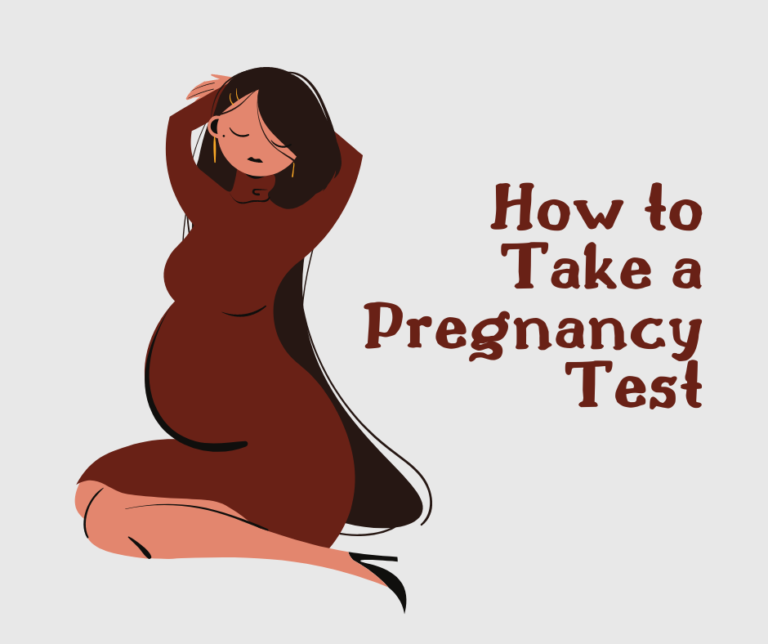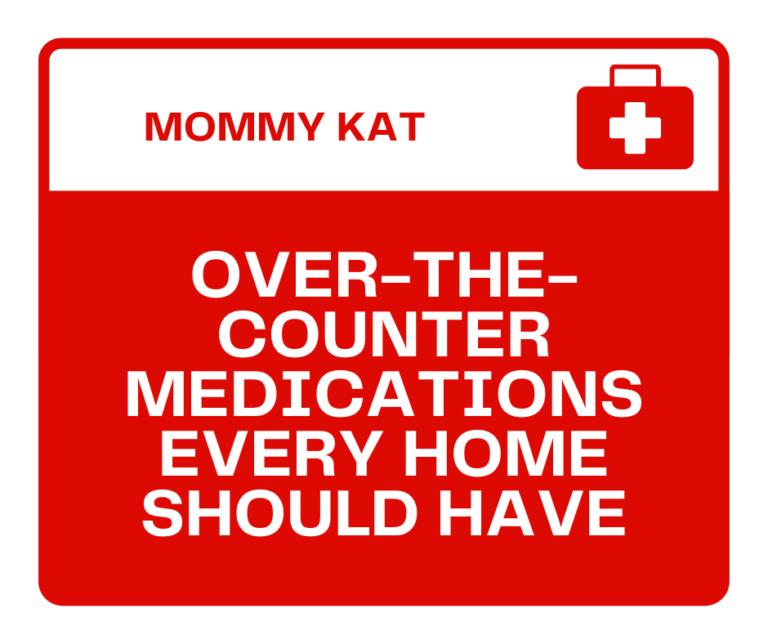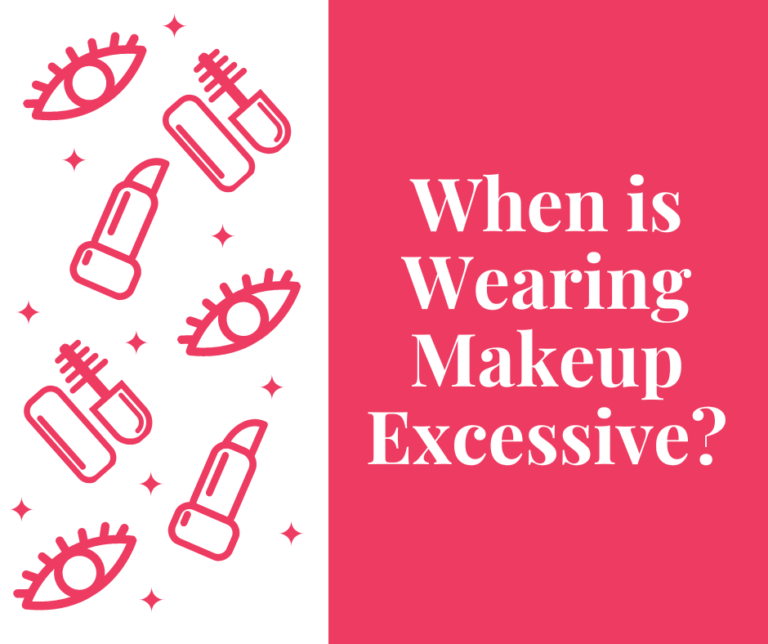Most infants have a strong desire to suck as their teeth grow in, and babies will suck their thumbs or fingers while still in the womb. In addition to providing nutrients, sucking frequently provides a calming effect. But are pacifiers safe for your child? Know the pros and cons of pacifiers, safety precautions, and how to wean your baby off it.
Pros of Pacifiers
Some babies find that using pacifiers keeps them happy in between feedings. Think about the benefits:
- A crying baby may be comforted by a pacifier. Some infants seem most comfortable while sucking on something.
- A pacifier provides a momentary diversion. During and after doctor’s appointments and other procedures, a pacifier may be helpful.
- Your baby might feel more at ease with a pacifier. A pacifier could help your infant fall asleep if they have problems doing so.
- Using a pacifier could make flying on airplanes more comfortable. Babies cannot purposefully “pop” their ears by swallowing or yawning to ease ear pain brought on by variations in air pressure. A pacifier could be helpful.
- Pacifiers are thrown away. You can toss away pacifiers once you decide to stop using them. It might be harder to break the habit if your child prefers to suck on their thumb or fingers.
Cons of Pacifiers
Of course, pacifiers can also be dangerous if not monitored. Here are some cons to pacifiers that can outweigh the pros:
- The pacifier may cause your child to become dependent. If your baby sleeps with its pacifier, you may experience nighttime screaming fits when it accidentally falls out of your baby’s mouth.
- Middle ear infections may become more common in children who use pacifiers. While the risk of sudden infant death syndrome is at its peak, the incidence of middle ear infections is typically lowest from birth to age six months.
- Long-term pacifier use may cause teeth issues that will need the help of an orthodontist in the future. Regular pacifier use throughout the first few years of life usually doesn’t result in extensive dental problems. However, frequent pacifier use may lead to crooked teeth in children.
- The use of a pacifier can make breastfeeding more difficult. If you’re breastfeeding, you want to give your child a pacifier until they are three to four weeks old and establish a nursing schedule. Unrestricted pacifier usage in healthy, full-term newborns was examined, and it was discovered that it did not affect the continuance of breastfeeding.
Things to Remember About Pacifiers
- Keep it tidy. Boil or wash pacifiers frequently until your baby’s immune system has developed and they are six months old. Wash pacifiers with soap and water once they are six months old. Do not give in to the urge to “rinse” the pacifier in your mouth. You’ll merely expose your child to additional germs.
- A pacifier shouldn’t be your child’s first line of defense. An upset baby can occasionally be soothed with a change of position or rocking. Only give your baby a pacifier after or in between feedings.
- Select a single-piece, dishwasher-safe model. If they split, two-piece pacifiers can be a choking hazard for children.
- Give your infant the reins. Do not push the pacifier on your baby if they are not interested in it.
- Safeguard it. Use pacifiers that are the right size for your baby’s age and replace them frequently. Keep an eye out for symptoms of decline. Use pacifier clips with care as well.
